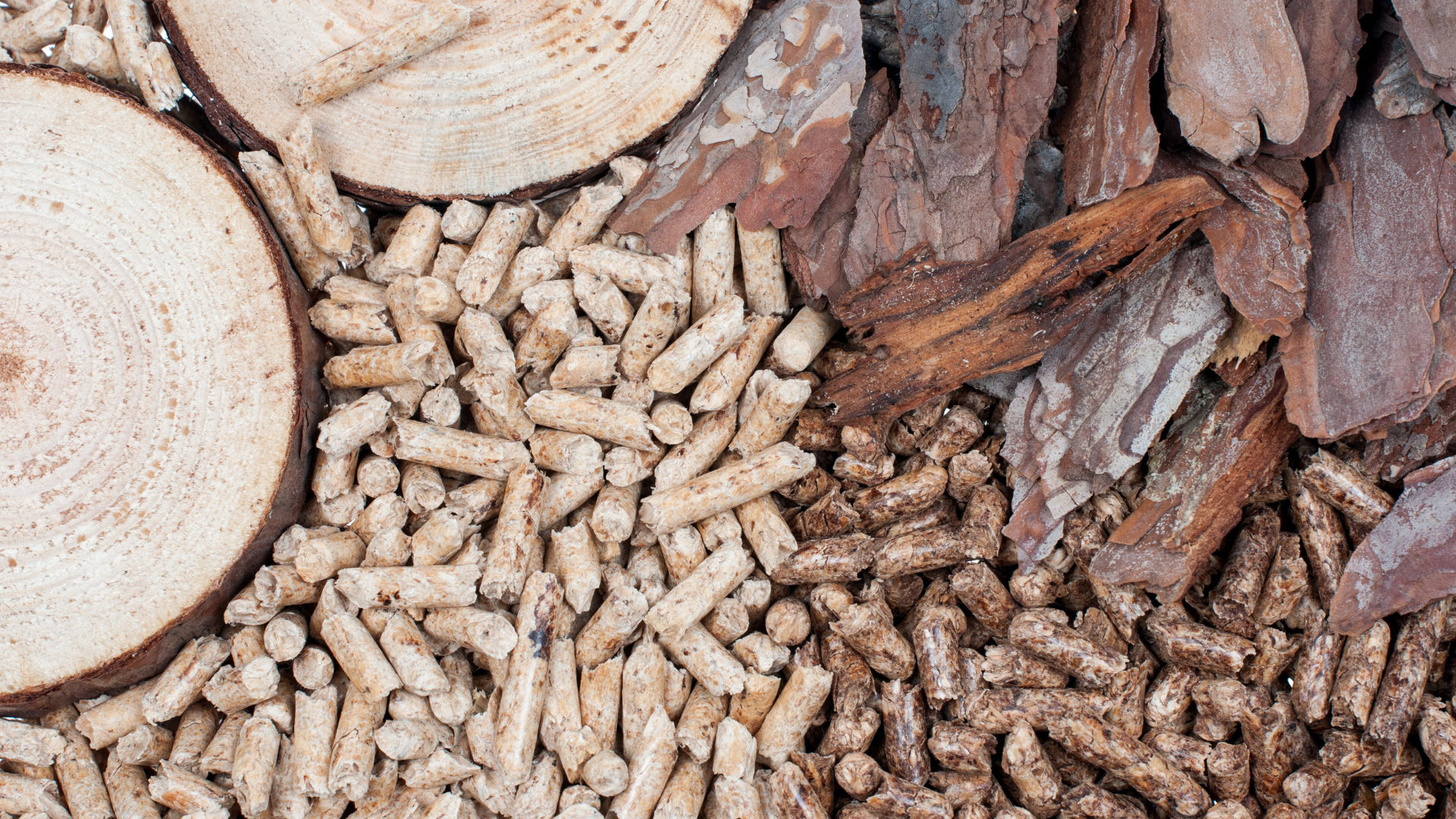Biomass for Industry – Standards, Certification, and Supply Logistics

Biomass for Industry – Standards, Certification and Delivery Logistics
It is today not only an alternative to fossil fuels, but also an essential element of the energy transition and industrial decarbonisation strategies. Used in combined heat-and-power plants, cement works, the ceramics industry or waste-processing facilities, industrial biomass is a flexible, low-emission and scalable fuel.
What is industrial biomass?
Raw material includes:
- wood pellets and briquettes – from sawdust, wood chips and saw-mill residues,
- agro-biomass – straw, pits, husks, agricultural waste,
- RDF/SRF – alternative fuels from waste compliant with EU standards,
- bio-coal (biochar) – a product of biomass pyrolysis with high calorific value,
- industrial sludges and residues – processed in industrial incinerators.
Each type differs in chemical composition and technological purpose.
Quality standards – the key to stable combustion
The most commonly applied standards are:
- ENplus A1 / A2 / B – for wood pellets,
- ISO 17225 – harmonised requirements for various biomass types,
- SBP (Sustainable Biomass Program) – certification of sustainable origin,
- RED II – compliance with the Renewable Energy Directive.
Industrial users require repeatable parameters with low sulphur, chlorine and heavy-metal content.
Technical parameters
| Parameter | Target value |
|---|---|
| Calorific value | 16–20 MJ/kg |
| Moisture content | < 10% (pellets), < 20% (RDF) |
| Ash content | < 2% (clean biomass), < 20% (RDF) |
| Chlorine content | < 0.05% (for grate furnaces) |
| Bulk density | > 600 kg/m³ (pellets) |
Parameters should be confirmed by laboratory tests and technical documentation.
Industrial applications
Biomass is widely used in:
- plant and municipal CHP units,
- cement works as a substitute for coal and RDF,
- lime, ceramic and glass industries,
- industrial boiler houses and dryers,
- RDF production and waste-to-energy plants.
Storage and protection against degradation
Because biomass is sensitive to moisture and biodegradation:
- storage must be under cover or in silos,
- protection against rain, fungi and fermentation is essential,
- material should be rotated according to the FIFO principle,
- for RDF, safeguards against self-ignition and odour emissions are required.
Neglecting storage conditions results in a drop in calorific value and operational problems.
Risks and challenges of organic material combustion in industry
Although it is an ecological fuel, its large-scale use entails specific challenges:
- feedstock variability → unstable process temperature,
- increased risk of high-temperature corrosion (with high Cl and K content),
- slagging and ash with low melting point problems,
- need for more frequent inspections of filters and dedusting systems.
Therefore, cooperation with a supplier who understands the technical requirements of the receiver and can guarantee consistent deliveries is crucial.
Logistics and delivery – how to ensure production continuity?
When supplying this raw material for industrial needs, consider:
- packaging form (bulk, big-bags, containers, silos),
- adaptation to feeding systems (screw or pneumatic conveyors),
- unloading conditions (rail sidings, ramps, self-unloading systems),
- on-site buffer storage (e.g. minimum 5–10 working days of production).
Industrial biomass supplier – quality and availability guaranteed
We offer:
- certified biomass (ENplus, ISO, RED II, SBP),
- permanent stock availability and the possibility of long-term contracts,
- road, rail and multimodal deliveries throughout Europe,
- complete emission, quality and safety documentation,
- technical advice on combustion optimisation and fuel selection.
Our clients include CHP plants, cement works, waste-processing facilities and industrial plants in Poland, Germany, the Czech Republic and Ukraine.
